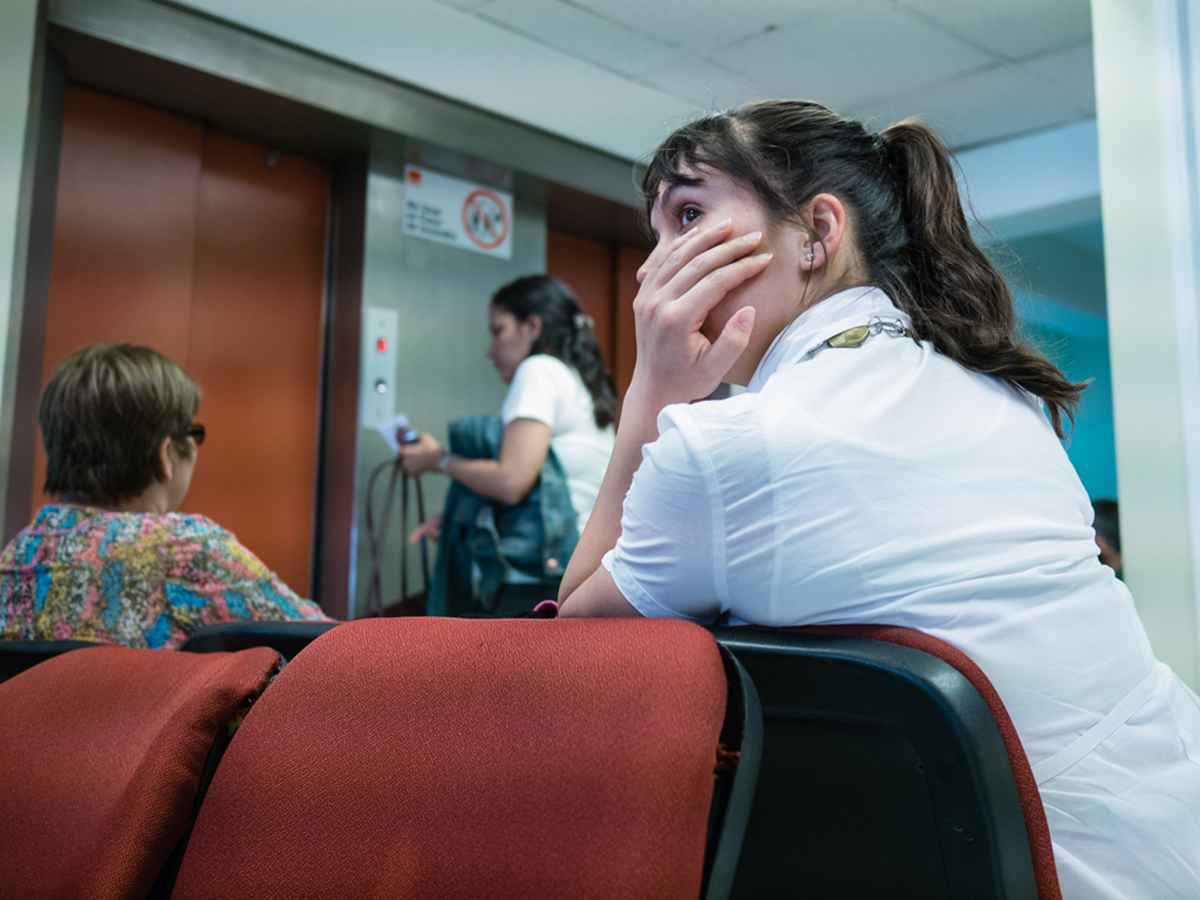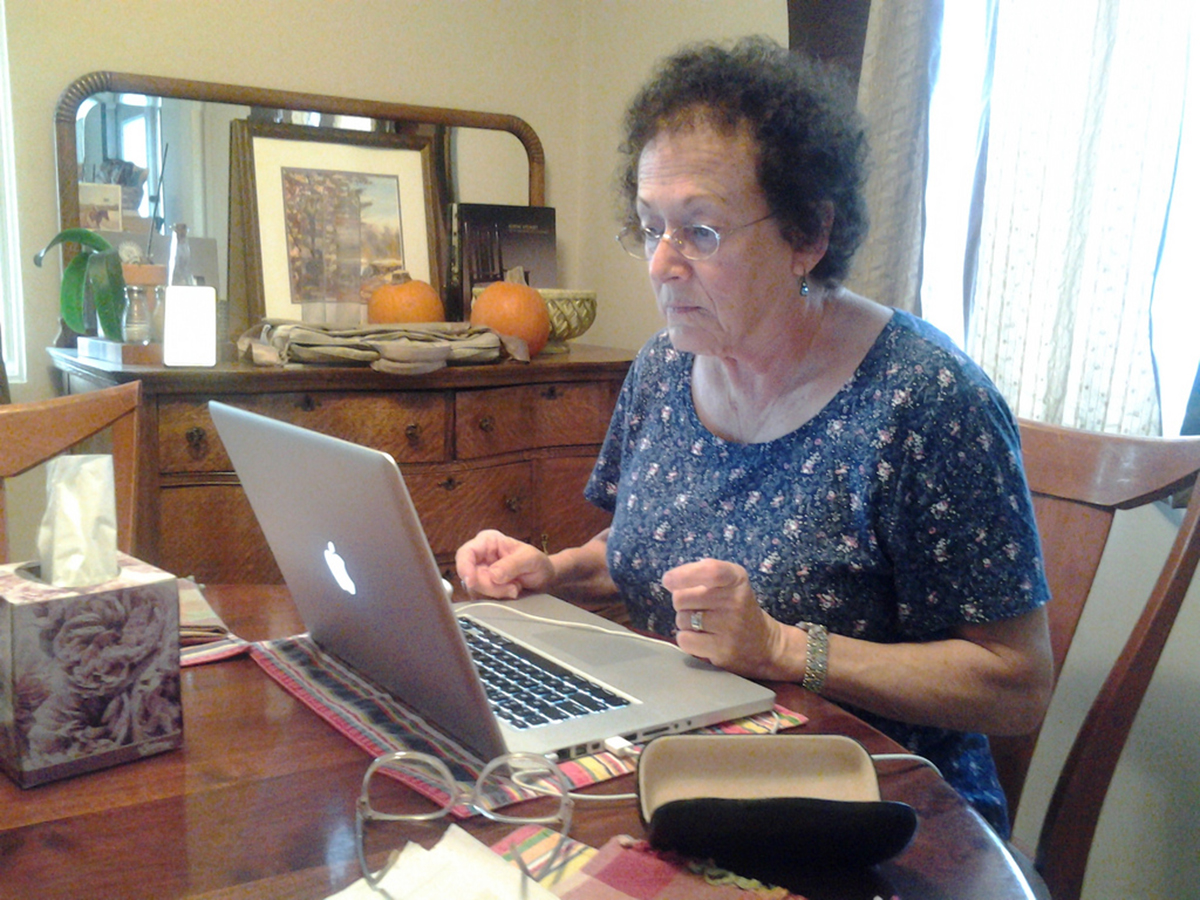It only seems commonsensical, but doctors are human, too. Even with the best training, support staff, and equipment, physicians make diagnostic errors. Survey data (mostly gathered by speaking with nurses involved in direct patient care) suggests that the doctor gets it wrong about 5 percent of the time.
However, getting a second opinion greatly reduces the risk that a patient will get the wrong treatment because of the wrong diagnosis.

Just How Much Difference Does A Second Opinion Make?
A team of investigators affiliated with the Houston Veterans Affairs Center for Innovations in Quality, Effectiveness, and Safety at the Baylor Medical School in Houston, Texas examined two years of data from Best Doctors, Inc. This is a program that allows enrollees, as an option with their employer-provided health insurance, to request second opinions from doctors free of charge. The researchers looked at 6,971 cases in which the insured requested another opinion after getting a medical diagnosis or treatment recommendation.
However, it was not unusual for patients to seek a second opinion because they had doubts about the doctor's understanding of their disease. This was the reason 37 percent of patients sought a second opinion. Patients also asked for other medical advice when they weren't happy with the side effects of treatment, or they had questions about whether a different treatment would work better.
It turns out that patients who want a second opinion often have a good reason for wanting it. When the case histories were analyzed by the experts, it was found that 20 percent were incorrectly or incompletely diagnosed. Slightly more than 30 percent of patients who requested second opinions were not receiving the right treatment. Altogether, more than 50 percent of patients asking for a second look received "moderate or major" improvements in care. However, nearly two out of three patients reported they just want to make sure they were getting the right care.
Will The Results Of This Study Result In Humbler, More Thoughtful Diagnoses?
While there is now good evidence that getting a second opinion makes a real and positive difference in patient care, that doesn't mean that the medical profession as a whole is particularly enthusiastic about making second opinions available to most of their patients. In the words of the researchers conducting this study, "Further evaluation is needed to determine whether this impacts clinical outcomes, such as the reduction of diagnosis and treatment errors."
READ Should You Get A Second Opinion?
As a practical matter, doctors often loathe hearing their patients quoting Dr Oz or bringing in information on natural medicine from heavily advertised sites on the internet, and not without reason. There's a lot of bad information out there. It takes serious and sincere effort to provide accurate medical information online, and nothing substitutes for being physically seen by a doctor who has clinical experience. However, that doesn't mean you are necessarily stuck with your doctor's opinion.
How To Get A Second Opinion
The overwhelming majority of people who seek medical help do not have access to a program like the one provided by Best Doctors, Inc. Most of us have to get our second opinions with a certain amount of stealth and at least a modicum of tact, to avoid offending the doctors on whom we depend. There are worse and better ways to go about getting a second opinion as to your diagnosis and treatment when you want to maintain a relationship with a doctor you generally trust.

- Online medical information. There are some superb online medical sites, SteadyHealth, for example. The best sites take a great deal of care to provide accurate and actionable information, and never, ever pretend to substitute for a face to face examination from a doctor. The best medical information sites are certified with HonCode labels that indicate a genuine effort has been made to provide scientifically grounded, factual information that helps rather than hinders your efforts to get well.
- Online medical doctors. Websites like Zoc Doc, Doctors Lounge, Ask the Doctor, and Ask a Doctor Today promise answers to your medical questions in just minutes. The notion that you can get a "world class doctor" to answer your particular question right now for no charge is, well, ludicrous, but some sites offer useful information. Think of these sites more as sources of questions than of answers. They are great for finding the right questions to ask you doctor or doctors to fine-tune your diagnosis, but they cannot provide you with prescriptions or treatment, or with a diagnosis you can really trust. The only way you can get a legitimate diagnosis is to be seen in person by a licensed health practitioner.
- Appointments with doctors you schedule for yourself. If you have to pay for your medical care in cash, at least you have the ability to see any doctor who is willing to see you. If you have medical insurance in the United States, a "PPO" (preferred provider organization) usually allows you to see the specialists you like and to make your own appointments with prior approval, while a "HMO" (health maintenance organization) usually requires to get referrals through your primary care provider. If you know you have complex medical issues and you will have to see specialists on a regular basis, it is probably a good idea to choose a PPO over an HMO during your open season for registering for health insurance. The monthly premiums for PPO coverage are higher than those for HMO coverage, but it can be worth the added expense if you can possibly afford it.
READ Are American Doctors Underpaid?
- Meyer AN, Singh H, Graber ML. Evaluation of Outcomes from a National Patient-Initiated Second-Opinion Program. Am J Med. 2015 Apr 23. pii: S0002-9343(15)00369-1. doi: 10.1016/j.amjmed.2015.04.020. [Epub ahead of print].
- Photo courtesy of francisco_osorio via Flickr: www.flickr.com/photos/francisco_osorio/8228710532
- Photo courtesy of KimSanDiego via Flickr: www.flickr.com/photos/kimsandiego/8168063548

